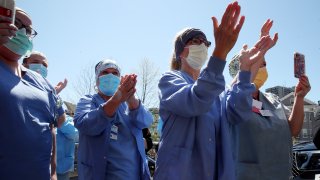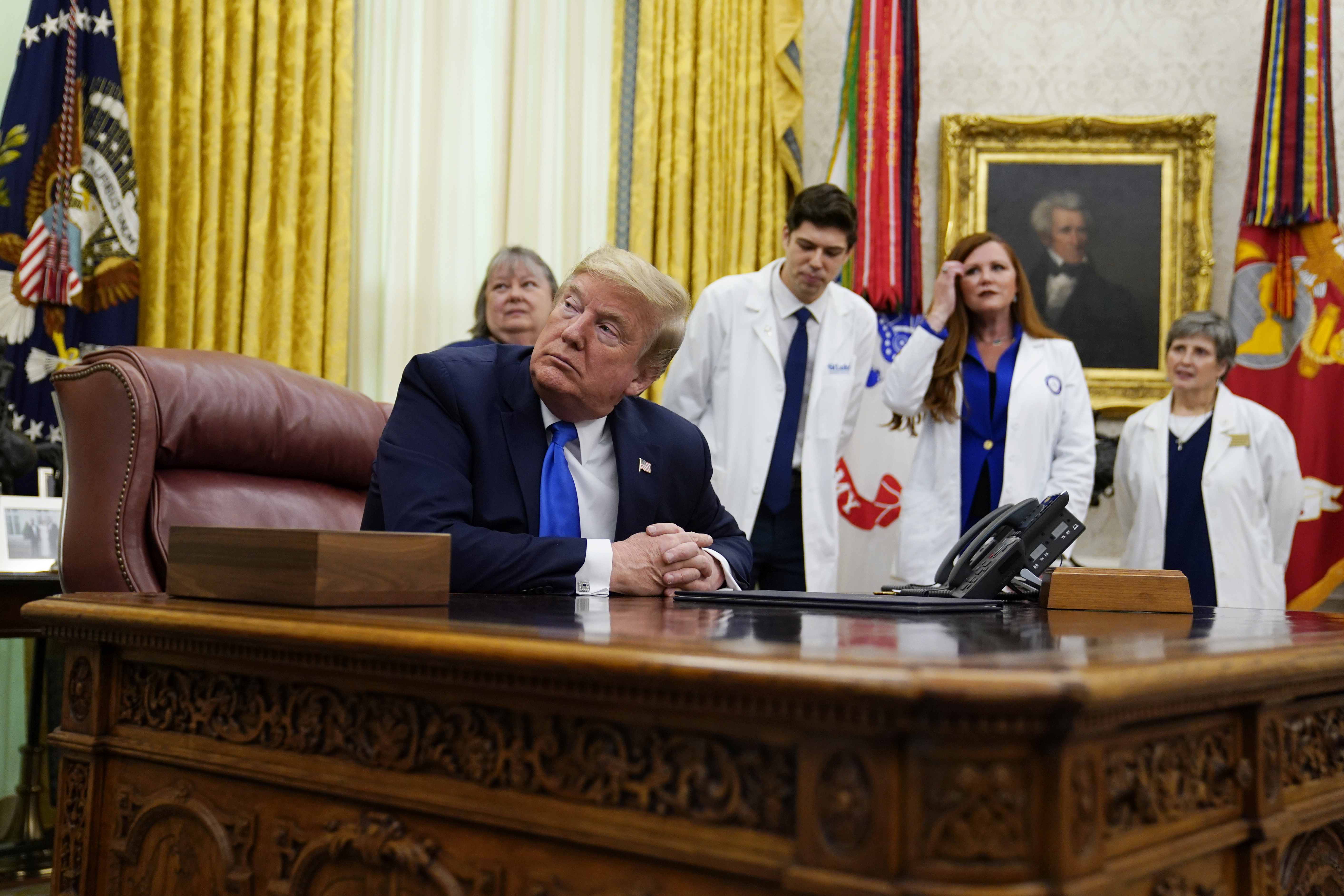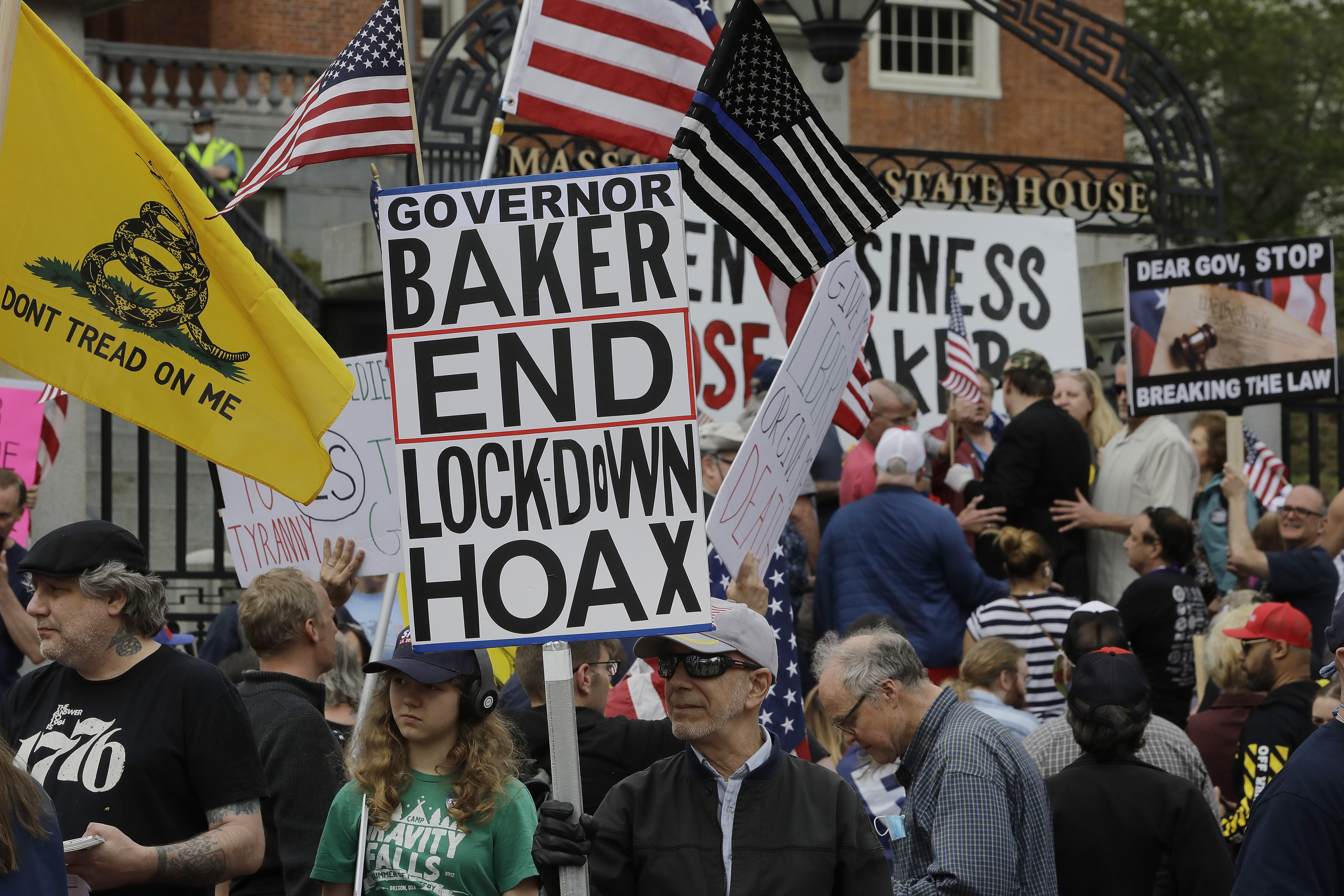
Every evening people across the country gather on porches and balconies and at their windows to clap in appreciation for health care workers. These employees work long hours in areas where they are directly exposed to the novel coronavirus.
There have also been rising calls across the country to show gratitude by giving financial relief to front-line workers.
On the eve of National Nurses Day, Rep. Carolyn Maloney, D-N.Y., introduced a bill last week to forgive federal and private loans for health care workers on the frontlines of the coronavirus pandemic.
The Student Loan Forgiveness for Frontline Care Workers Act would eliminate the student debt of health care workers responding to the crisis.
Doctors, nurses and other health care workers would be eligible for the relief. In order to determine who gets the relief, a special commission would be formed to decide "whether an individual has made significant contributions to the medical response."
Families of health care workers who died due to the coronavirus would also be eligible for the student loan relief.
"We should do more than just thank them," Rep. Maloney said in her press release, adding that providing loan forgiveness was "the least we could do to show our gratitude."
The education to become a nurse is rigorous. Nursing students are required to take classes full-time as well as perform two days a week of clinical work. Clinical work is unpaid and nursing students must complete more than 500 hours before receiving their nursing pin.
Eileen Sullivan-Marx, dean of Rory Meyers College of Nursing and president of the American Academy of Nurses, is an advocate for the bill. She told NBC she supported the bill because, much like military service members, police officers and firefighters, nurses are going into dangerous situations to save people's lives.
"Here they are on the frontlines risking their lives, spending many hours working and under conditions that are frightening, challenging and, at the same time, rewarding," Sullivan-Marx said.
Forgiving the loans would make the lives of nurses and their families easier, "but also we'll send a message to nurses, that they can be recognized in a tangible way for the sacrifices they are making," she said.
Images of health care workers with marks on their faces after wearing a face mask during long shifts have gone viral. While they are dedicated and vital to the health of the country, most health care workers are paying student loans long after they complete their education.
"One of our alumni said that her fear was that she would die of COVID and her loans wouldn't be paid off," Sullivan-Marx said.
Coronavirus Pandemic Coverage
Maloney's bill is not part of another relief package. The congresswoman introduced the bill as stand-alone relief for health care employees. She's the latest to raise the issue.
Several nurses started a petition on Change.org last week to urge the federal government to provide loan relief to these essential employees. The petition asks for 500 signatures and has over 200 signatures in its first days.
In New York, Gov. Andrew Cuomo asked the federal government to provide hazard pay to health care workers as well as aid for transit employees and other essential workers.
And loan forgiveness for medical workers was a large part of the conversation that Michigan Gov. Gretchen Whitmer announced as part of "Futures for Frontliners," a program to provide tuition-free education to front-line workers.



